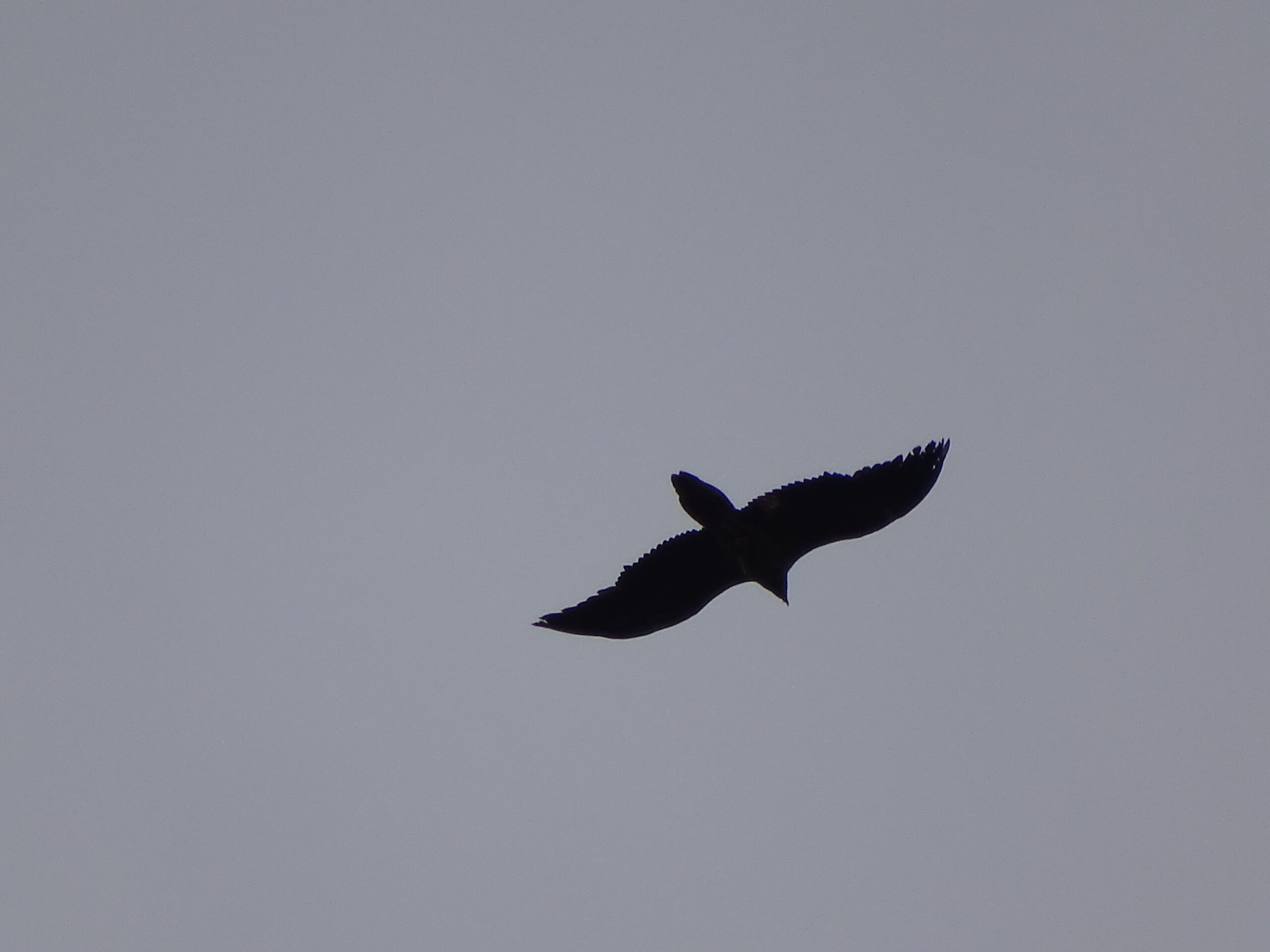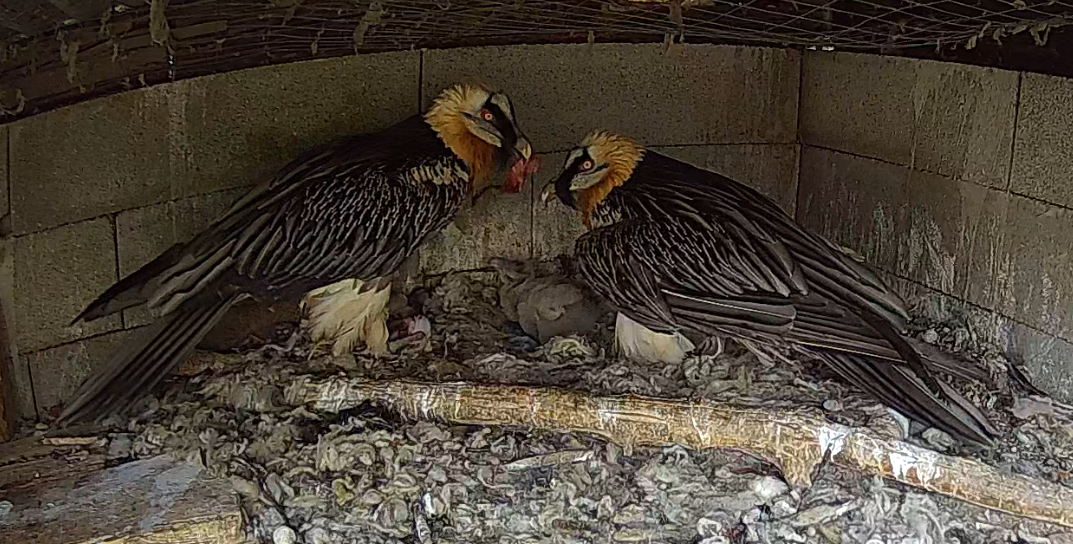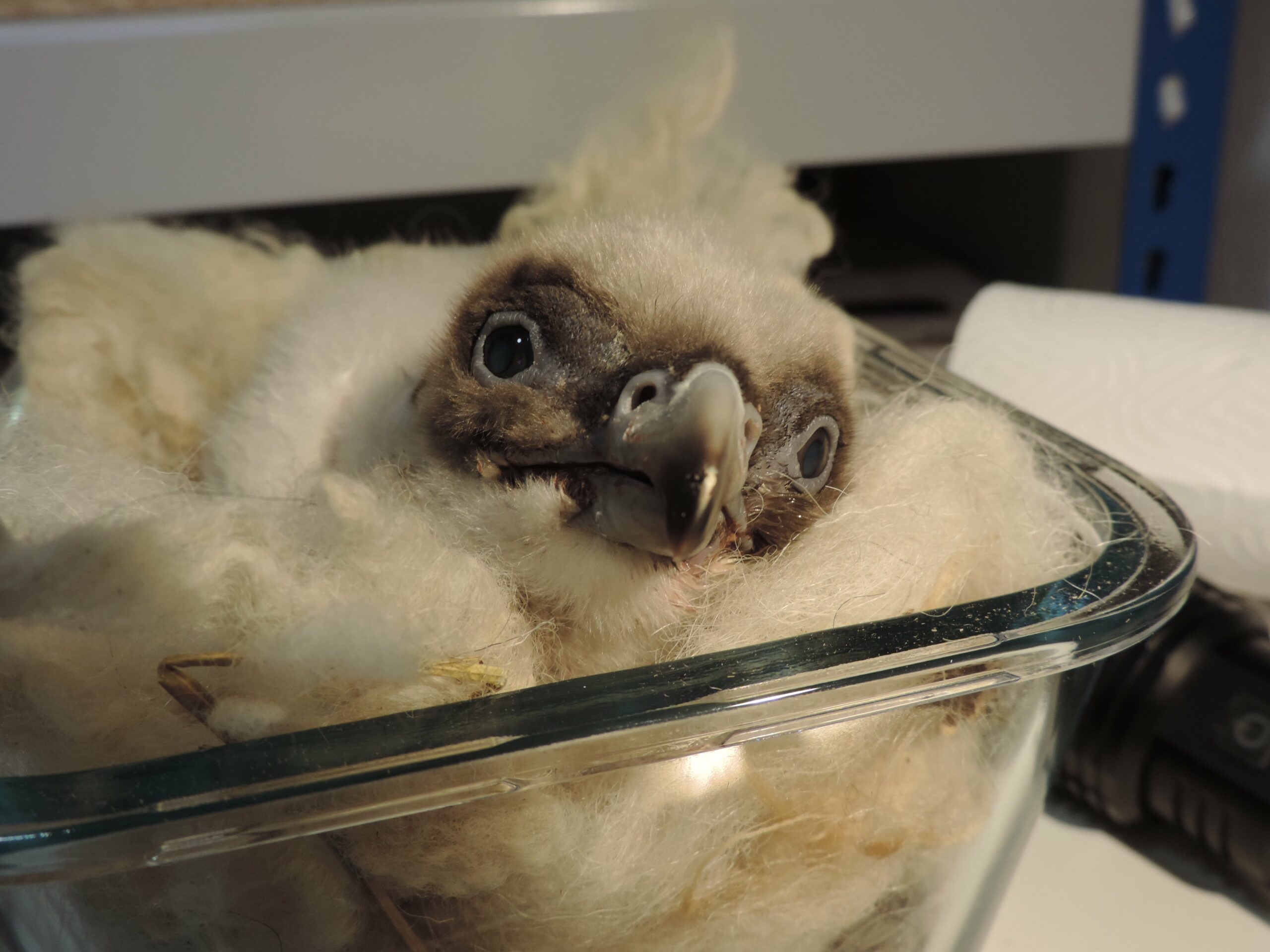This image is all too familiar in the history of Bearded Vulture conservation as these three young boys from Turkey hold out a Bearded Vulture they recently discovered dead. But what caused the death of this bird?
Discovering a dead Bearded Vulture
The three young boys in this photo found the bird in Sirnak, a town in mountainous eastern Turkey and took it to the local office of the National Parks authority. Across Europe, where the species has made a remarkable comeback across much of its range in the last 40 years, the discovery of such a dead bird would usually lead to a chain of protocols to begin to identify the exact cause of death.
This would involve freezing and preserving the remains until an expert veterinarian is available to conduct a post-mortem of the bird, then samples would then be taken of tissues and internal organs to screen the remains for any pesticides or veterinary drugs may have caused the bird to be poisoned.
Methodically and carefully investigating the cause of death for vultures is essential to help establish what may have caused the bird to die as this information is vital to inform conservation actions to prevent deaths such as this from occurring again. For example work in the Spanish region of Andalucia drastically reduced the incidence of illegal wildlife poisoning, this included stricter enforcement of laws and preventative measures such as patrols by anti-poisoning canine units, has led to a reduction of mortality. As a result the region is safer for vultures and the once extinct Bearded Vulture has returned to Andalucia.
Bearded Vultures across Eurasia

Whilst the Bearded Vulture in Europe is well studied and documented, little is known about populations of this species across the rest of its range which stretches from Turkey to the Himalayas and central Asia (a different subspecies also occurs in sub-Saharan Africa). We estimate there are between 2,000 and 10,000 individuals of Bearded Vultures globally. In Turkey our best estimates suggest a population of 160-200 breeding pairs. A recent crossing of a young bird over the Bosphorus recently excited conservationists at the prospect of transfer between the populations.

With the death of this bird we would strongly recommend our Turkish colleagues to freeze the body at least until proper analysis of the cause of death can be determined which might help understand the pressures the species may be facing in the country.



